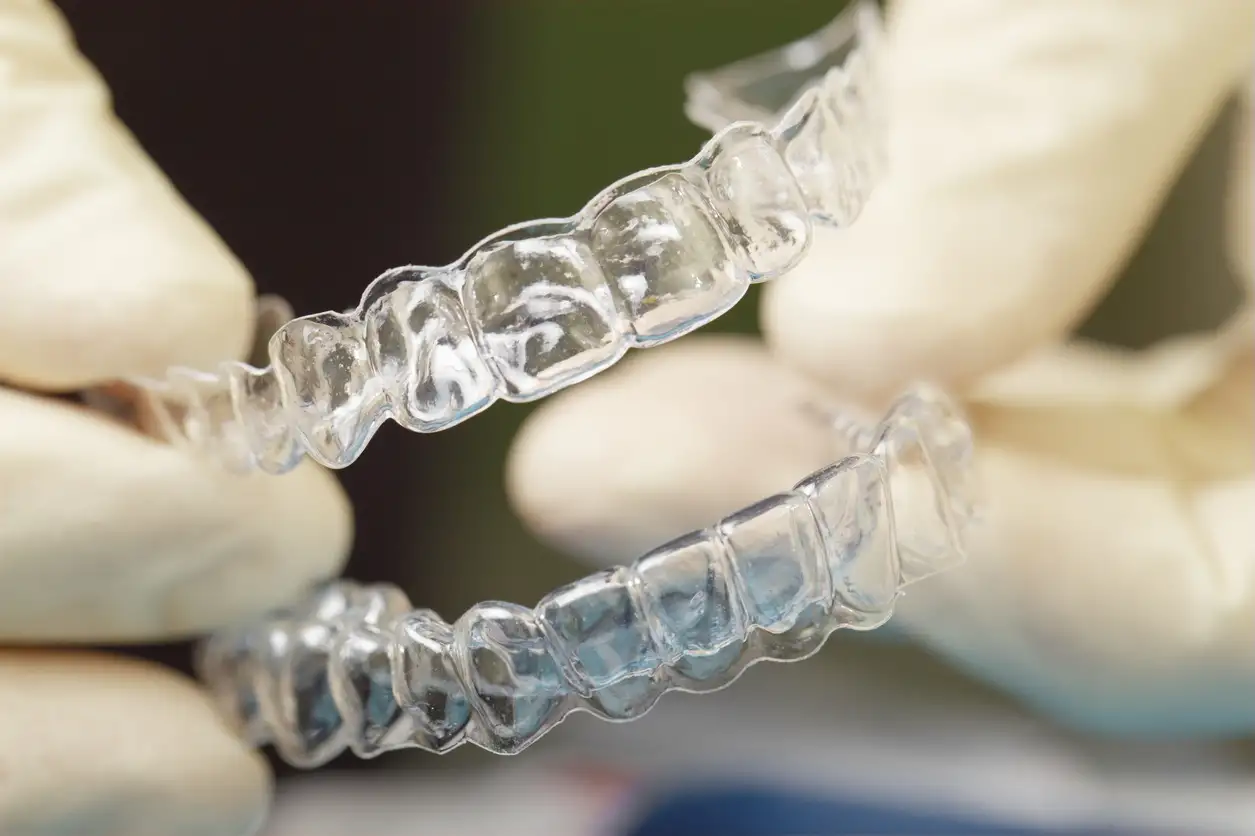Understanding Screwless Dental Implants: Benefits and Costs in 2025
In 2025, screwless dental implants are emerging as a modern solution for replacing missing teeth. They provide greater comfort, reduce irritation, and create a more natural appearance. This article explores their main benefits, how they work, and the key factors that influence overall costs for patients considering this option.

What Are Screwless Dental Implants?
Screwless dental implants represent a modern approach to tooth replacement that eliminates the need for screws to attach the crown to the implant body. Instead, these systems typically use friction-fit connections, magnetic attachments, or innovative locking mechanisms. The implant post is still surgically placed into the jawbone, but the method of securing the visible portion of the replacement tooth differs significantly. This design aims to address several limitations of traditional screw-retained implants, including potential screw loosening, micro-gaps between components, and aesthetic concerns in visible areas of the mouth.
Benefits of Modern Implants
The advancement in implant technology has introduced several benefits that make screwless systems appealing to both patients and dental professionals:
-
Improved aesthetics with no visible screw access holes in the crown
-
Reduced risk of bacterial infiltration due to elimination of screw access channels
-
Simplified restoration and maintenance procedures
-
Better distribution of bite forces across the implant system
-
Enhanced comfort with elimination of potential screw loosening sensations
-
Reduced chair time for adjustments and maintenance
-
More natural-feeling tooth replacements
-
Potentially improved soft tissue response around the implant site
How Screwless Dental Implants Compare to Traditional Options
When considering tooth replacement options, screwless dental implants offer distinct advantages compared to other solutions available in 2025:
Traditional implants rely on screw retention, which can create access holes that affect aesthetics and potentially collect bacteria. Screwless systems eliminate these concerns while maintaining the fundamental benefits of implant-based restoration. Removable dentures, while less expensive, don’t prevent bone loss and often create comfort issues that screwless implants avoid. Fixed bridges require modification of adjacent healthy teeth, unlike standalone screwless implants that preserve neighboring tooth structure.
Dental Implant Costs in 2025
The cost of screwless dental implants in 2025 varies based on several factors including geographic location, the complexity of the case, and the specific technology used. While these innovative systems typically come at a premium compared to traditional implants, many dental practices now offer them as standard options.
| Implant Type | Average Cost (Single Tooth) | Features | Typical Warranty |
|---|---|---|---|
| Basic Screwless System | $3,500 - $4,800 | Standard friction-fit connection | 5 years |
| Premium Screwless System | $4,800 - $6,200 | Advanced locking mechanism, bioactive coating | 10+ years |
| Full-Arch Screwless Solution | $24,000 - $32,000 | Complete arch replacement with 4-6 implants | Lifetime (implants) |
Prices, rates, or cost estimates mentioned in this article are based on the latest available information but may change over time. Independent research is advised before making financial decisions.
Dentistry Innovations Transforming Implant Procedures
The field of implant dentistry continues to evolve with several innovations enhancing the screwless implant experience:
-
3D-printed custom implant components tailored to individual patient anatomy
-
AI-guided implant placement systems improving surgical precision
-
Bioactive surface treatments promoting faster osseointegration
-
Robotic-assisted implant surgery reducing human error
-
Digital scanning technology eliminating traditional dental impressions
-
Same-day implant solutions with improved success rates
-
Antimicrobial coatings reducing infection risk
-
Enhanced biomaterials improving long-term stability and tissue response
Is a Screwless Dental Implant Right for You?
Determining whether screwless dental implants are appropriate depends on several factors including bone density, oral health, aesthetic goals, and budget considerations. Candidates should have sufficient jawbone volume to support an implant, though advanced bone grafting techniques available in 2025 have expanded eligibility. Patients with autoimmune disorders or uncontrolled diabetes may require special consideration. The simplified maintenance of screwless systems makes them particularly suitable for patients with dexterity issues or those seeking to minimize long-term dental visits.
For patients concerned about longevity, most screwless systems now come with extended warranties, reflecting manufacturers’ confidence in their durability. However, as with any dental procedure, maintaining excellent oral hygiene and attending regular dental check-ups remains essential for long-term success.
This article is for informational purposes only and should not be considered medical advice. Please consult a qualified healthcare professional for personalized guidance and treatment.




